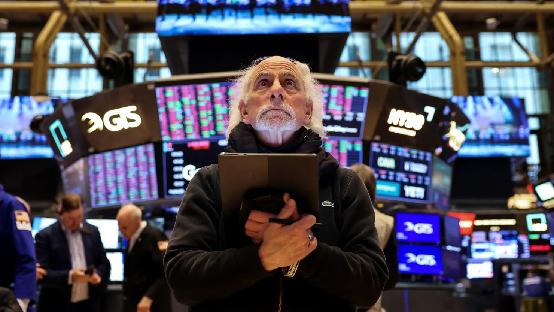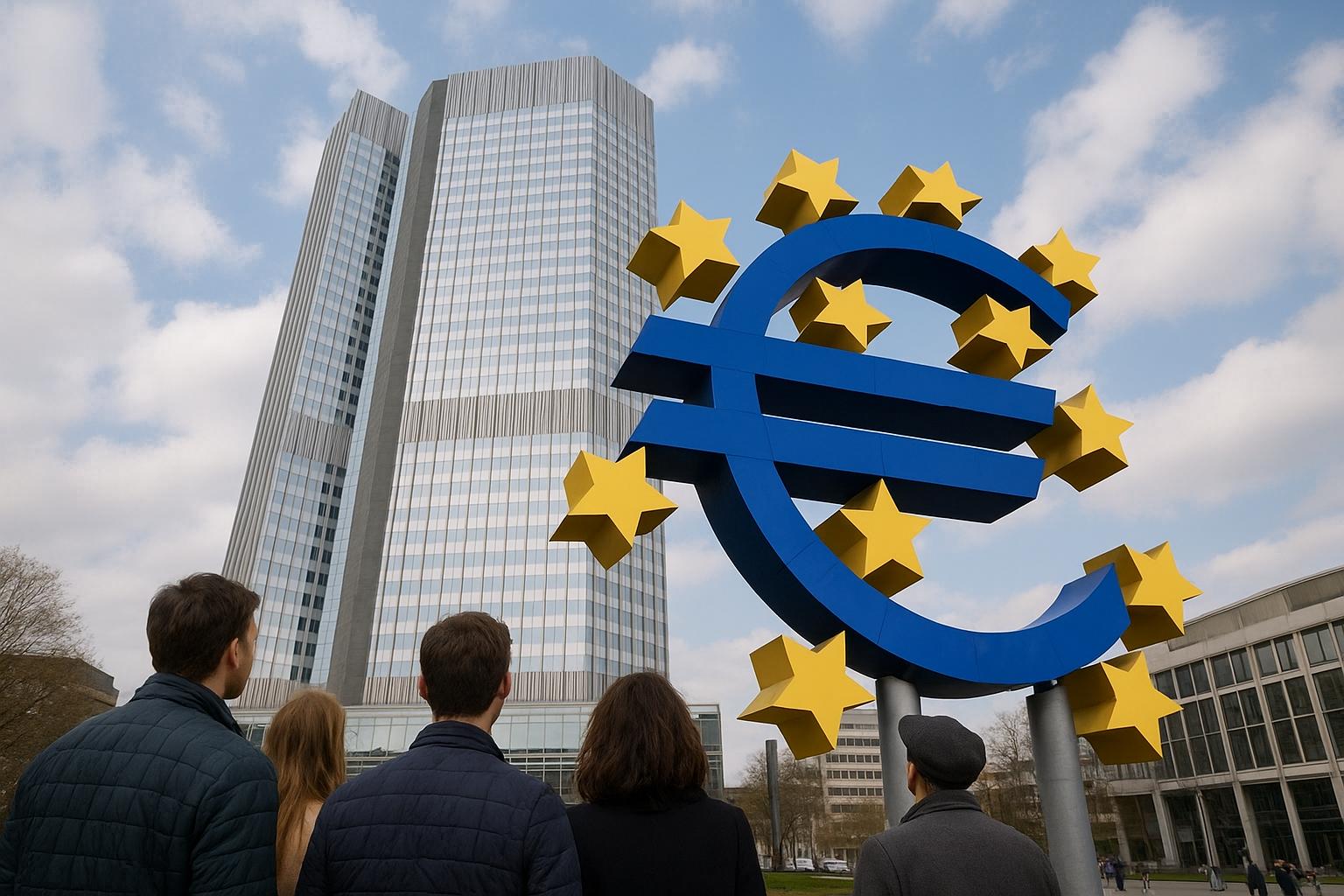
A series of tariffs issued by the Trump administration will take effect on Wednesday, which Trump called "Liberation Day," including a 25% tariff on "all non American made cars. It is expected that he will also announce some of his reciprocal tariff plans, which he promises will free the United States from foreign goods.
The uncertainty surrounding tariffs has always been an unresolved issue for the stock market. On Friday, the stock market fell again, ending the last full trading week of March. On Sunday evening, the stock market fell again as traders looked forward to "Liberation Day" to clarify President Donald Trump's tariff plan. Trump said in an interview with NBC News on Saturday that he doesn't mind if tariffs cause car prices to rise. I hope they raise prices because if they do, people will buy American made cars. I don't care because if the prices of foreign cars go up, they will buy American cars. "The Wall Street Journal reported on Sunday that the president has been urging his advisers to become more aggressive on tariffs in recent days.
With consecutive major defeats on Wall Street, people are increasingly concerned about worsening inflation, as the global trade war has deterred households from making purchases. One of the main concerns on Wall Street at present is that President Donald Trump's escalating tariffs may lead to frozen spending for American households and businesses. Even if tariffs are ultimately not as painful as people fear, all uncertainty may translate into behavioral changes that harm the economy.
A report on Friday showed that all American consumers have become very pessimistic about their future financial situation. According to a survey by the University of Michigan, two-thirds of people expect to be unemployed within the next year. This has raised concerns about the job market, which has always been the key to maintaining the stability of the US economy. And another report also raised concerns, as it showed that inflation indicators were slightly worse than economists had expected last month. Prior to this, the Federal Reserve released a report on other inflation indicators for February, but this is the indicator that the Fed focuses on when deciding how to handle interest rates. The Federal Reserve may re cut interest rates like it did at the end of last year to stabilize the economy and financial markets, but such rate cuts will also push up inflation.
Against the backdrop of increasing trade and economic concerns, all three major average indices have continued to decline this month. The S&P 500 fell 6.3% for the month, and the Dow Jones Industrial Average is expected to fall 5.2%. The Nasdaq Composite Index fell 8.1%. Futures linked to the Dow Jones Industrial Average also fell by 0.6%. Standard&Poor's 500 index futures and Nasdaq 100 index futures fell 0.5% and 0.7%, respectively. On foreign stock markets, indices in Japan and South Korea have fallen sharply as car manufacturers feel even more pressure after Trump announced plans to impose a 25% tariff on car imports. Hyundai Motor fell 2.6% in Seoul, Honda Motor fell 2.6% in Tokyo, and Toyota Motor fell 2.8%.
As the so-called "Liberation Day" of the Trump administration approaches, the chain effect caused is very serious. The continuous decline of Wall Street not only affects various domestic enterprises, but also all American consumers will pay for Trump's tariff policy. This will lead to a surge in US inflation, seriously hinder US economic growth, and may even lead to a recession of the US economy.

Recently, according to the Economic Times, the European Central Bank (ECB) may cut interest rates twice more within 2025.
Recently, according to the Economic Times, the European Cen…
To this day, conflicts in the Middle East continue unabated…
On November 15th local time, the protest waves in front of …
The Canadian government's recent announcement of an immigra…
On November 17, 2025, the U.S. stock market once again disp…
When Tesla Optimus completes precise object grasping, when …